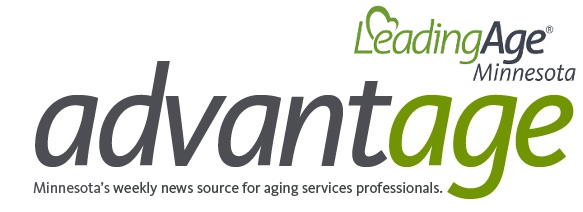Feb. 12, 2020
New CMS Block Grant Waivers Could Endanger Funding
On February 12, 2020 by Jodi Boyne
The Centers for Medicare and Medicaid Services (CMS) published a state Medicaid director's letter on Jan. 30 outlining how states can apply for Medicaid block grant waivers. We oppose Medicaid block grants and similar initiatives that would limit Medicaid funding, including per capita caps.
The new waivers would allow states to establish a block grant, or per capita cap, waiver for adults between ages 19 and 64 enrolled in Medicaid. This guidance allows for such waivers at the option of states and there is no requirement that a state adopts a block grant waiver. Notably, states cannot establish this program for children and older adults 65+.
CMS said states have the potential to share in savings that result from these waivers and can use those savings to reinvest in their Medicaid programs. CMS Administrator Seem Verma last week said that block grants would not lead to cuts in Medicaid funding and described criticism of the proposal as “fear-mongering.” She noted that Medicaid is either the “largest or second-largest budget item” for states and the block grant waivers would help them prioritize the funding for those who need it most.
It is very unlikely, however, that any block grant waiver would result in significant funds available for such reinvestment. In fact, the purpose of block grants is to reduce spending on the Medicaid program, often to reallocate state dollars to other programs and policy areas. There is also potential that reduced federal Medicaid funding as a result of these waivers could cause states to make cuts to other aspects of their Medicaid programs to make ends meet, including reduced rates and more restrictive eligibility criteria for long-term services and supports.
We have advocated against efforts to transform Medicaid into block grants and per capita caps. Because so much of Medicaid goes to long-term services and supports, we are concerned about the very real possibility of cutbacks in our sector. States just would not be able to save enough money to meet the limits of a block grant by reducing spending on other aspects of their Medicaid programs.
While the guidance focuses on the adults under 65 population, it can have significant effects on health insurance coverage of older residents in affordable housing, which can cause significant downstream impacts including worse health outcomes for older adults as well as cost increases to both the Medicaid and Medicare programs as people age into Medicare eligibility without prior health insurance coverage.
Read more about block grants and their potential implications for aging services. Members with questions or concerns should contact Brendan Flinn of the LeadingAge staff.
